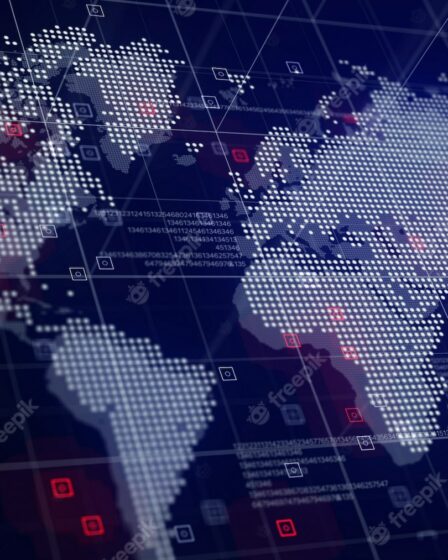India-China relations are complex and will be getting even more complex as time passes by. For a successful engagement, a nuanced and cool-headed handling of this relationship is needed. This is primarily because the nature of relationship between India and China will determine the future of Asian security and the architecture of the Indo-Pacific region.
